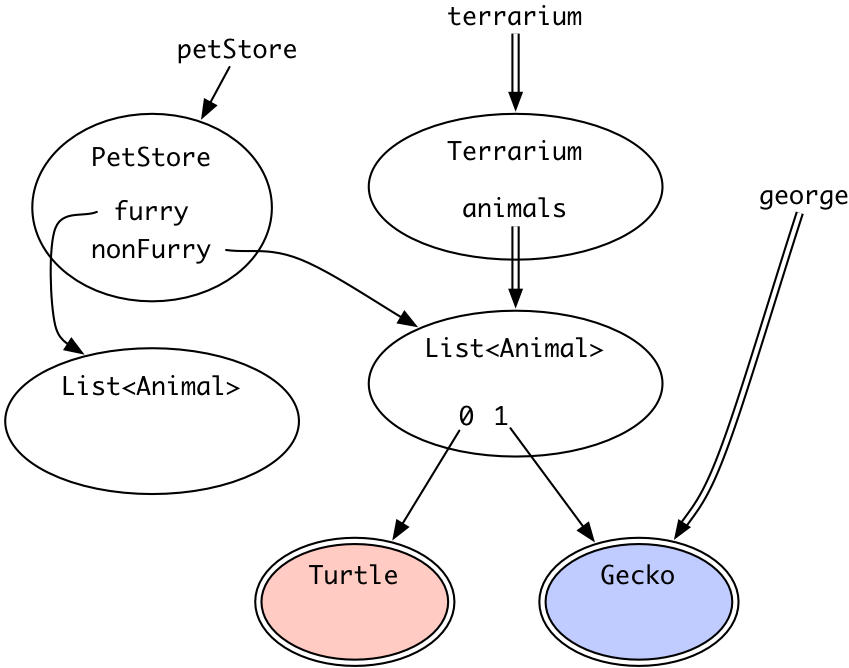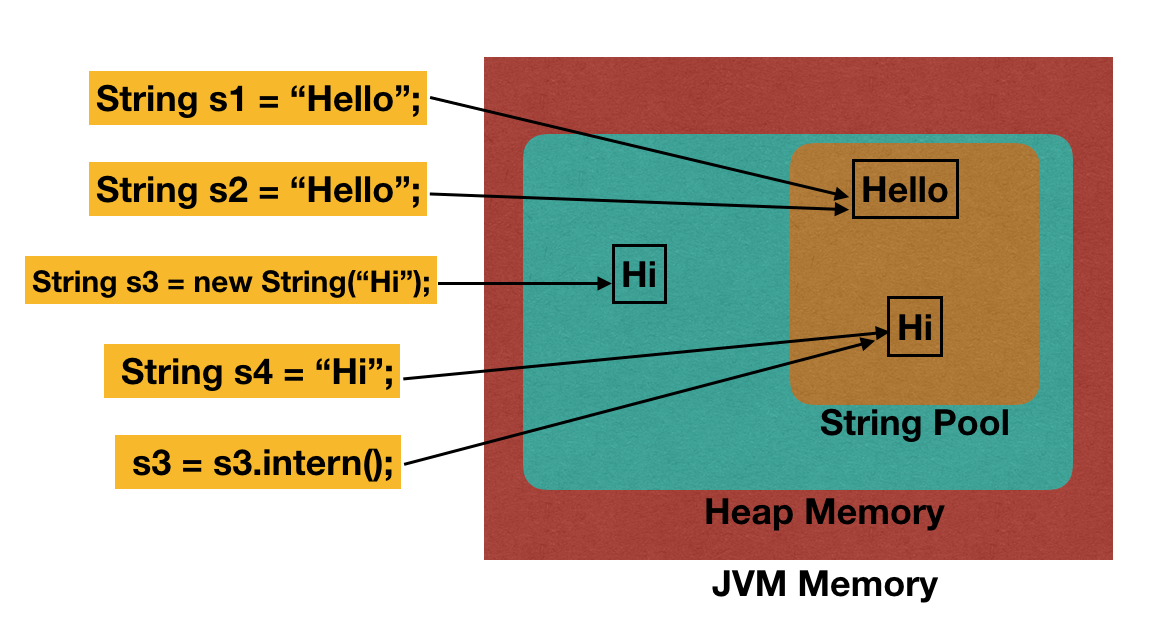Why Are Strings Immutable in Java? Checking Out the Style Decisions
Wiki Article
What Is Unalterable Strings and Exactly How It Functions
In the realm of programming, understanding the concept of unalterable strings is paramount for producing durable and safe and secure applications. Unalterable strings refer to strings that can not be altered after they are created, making certain data stability and predictability within the code.The Fundamentals of Unalterable Strings
Unalterable strings, as a fundamental concept in programs, are personality series that can not be transformed as soon as they are produced. This implies that as soon as a string is assigned a worth, that value can not be changed. In languages like Python and Java, strings are immutable items, resulting in numerous effects in terms of memory administration and information honesty.Among the essential benefits of unalterable strings is that they supply a complacency in information control. Considering that the material of an immutable string can not be customized, it makes sure that the original data stays undamaged, decreasing the risk of unintentional modifications during program implementation (Why are strings immutable in Java?). This home likewise simplifies debugging processes, as programmers can trust that once a string is defined, its value will certainly not be inadvertently modified
In addition, unalterable strings assist in reliable memory use. When a new string is created based on an existing one, as opposed to modifying the original string, the new value is saved separately. This method improves performance by lowering memory fragmentation and streamlining memory allocation processes. Overall, comprehending the basics of unalterable strings is important for grasping programs ideas and enhancing code efficiency.
Benefits of Immutable Strings
Structure upon the safety and effectiveness advantages of unalterable strings, their benefits encompass enhancing code reliability and streamlining simultaneous programs tasks. By being unalterable, strings can not be modified after creation, which eliminates the threat of unexpected modifications in the information they keep. This intrinsic immutability guarantees that once a string is developed, its value stays continuous throughout the program's execution, reducing the possibilities of pests brought on by unexpected changes.Furthermore, unalterable strings add to code dependability by making it simpler to reason about the state of a program. Given that strings can not be transformed, programmers can trust that a string will constantly hold the exact same value, simplifying debugging and maintenance initiatives. This predictability leads to much more trustworthy and stable codebases.

Execution in Programs Languages
Within numerous programming languages, the consolidation of immutable strings is a basic aspect that impacts just how data is dealt with and manipulated within code structures. The implementation of unalterable strings differs throughout different programs languages, with each language providing its very own devices to sustain this idea.

On the other hand, languages like C and C++ do not have integrated support for unalterable strings. Designers in these languages have to by hand apply immutability by implementing regulations within their code to stop straight adjustments to string things.
this content
Ideal Practices for Working With Unalterable Strings
When taking care of immutable strings in programs languages like Java and Python, sticking to finest methods ensures effective and secure data manipulation. Among the key best practices is to utilize StringBuilder or StringBuffer rather than directly controling strings, particularly when managing substantial concatenation operations. These classes provide mutable choices for string control, assisting to prevent unnecessary memory appropriations and enhancing performance.In addition, when functioning with delicate information such as passwords or API tricks, it is critical to prevent storing them as ordinary text in unalterable strings. Making use of secure storage space devices like char varieties or specialized collections for dealing with sensitive information assists mitigate protection threats connected with immutable strings.
Real-world Applications and Examples
Exploring sensible implementations of unalterable strings in various More Bonuses sectors reveals their substantial effect on information integrity and system reliability. In the medical care market, unalterable strings play an important duty in ensuring the safety and confidentiality of patient information. By protecting against unauthorized modifications to delicate info such as medical records and prescriptions, immutable strings assist maintain compliance with rigorous privacy laws like HIPAA.Banks additionally gain from the immutable nature of strings to boost the safety of consumer information and transaction documents. Immutable strings help avoid fraudulence and unapproved changes to financial details, offering a durable defense against cyber dangers and making certain the count on and confidence of clients.

Final Thought
In conclusion, immutable strings are fixed and stable sequences of personalities that provide benefits such as string safety and security and improved performance in shows. They are executed in different shows languages to make sure information integrity and safety. Ideal methods for functioning with immutable strings include preventing straight adjustments and using approaches that return new string objects. Real-world applications of unalterable strings consist of data file encryption, caching, and string control jobs.Unalterable strings refer to strings that can not be modified after they are created, ensuring data honesty and predictability within the code. When a brand-new string is developed based on an existing one, rather than modifying the initial string, the new worth additional resources is saved individually.In languages like Java and Python, strings are immutable by default, suggesting that once a string item is created, its worth can not be changed - Why are strings immutable in Java?. Ideal methods for working with unalterable strings consist of avoiding straight alterations and utilizing methods that return new string objects. Real-world applications of immutable strings consist of data encryption, caching, and string control tasks
Report this wiki page